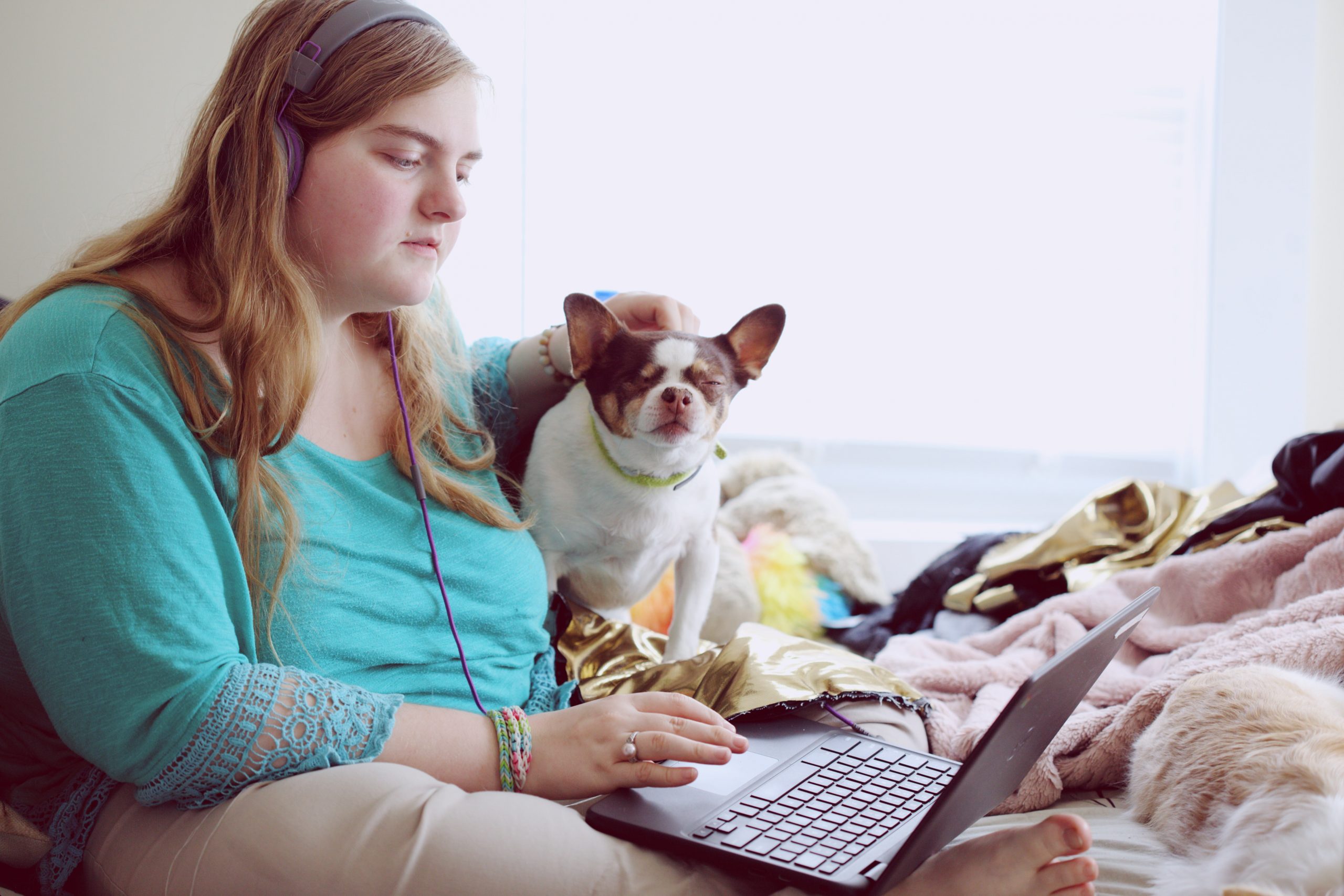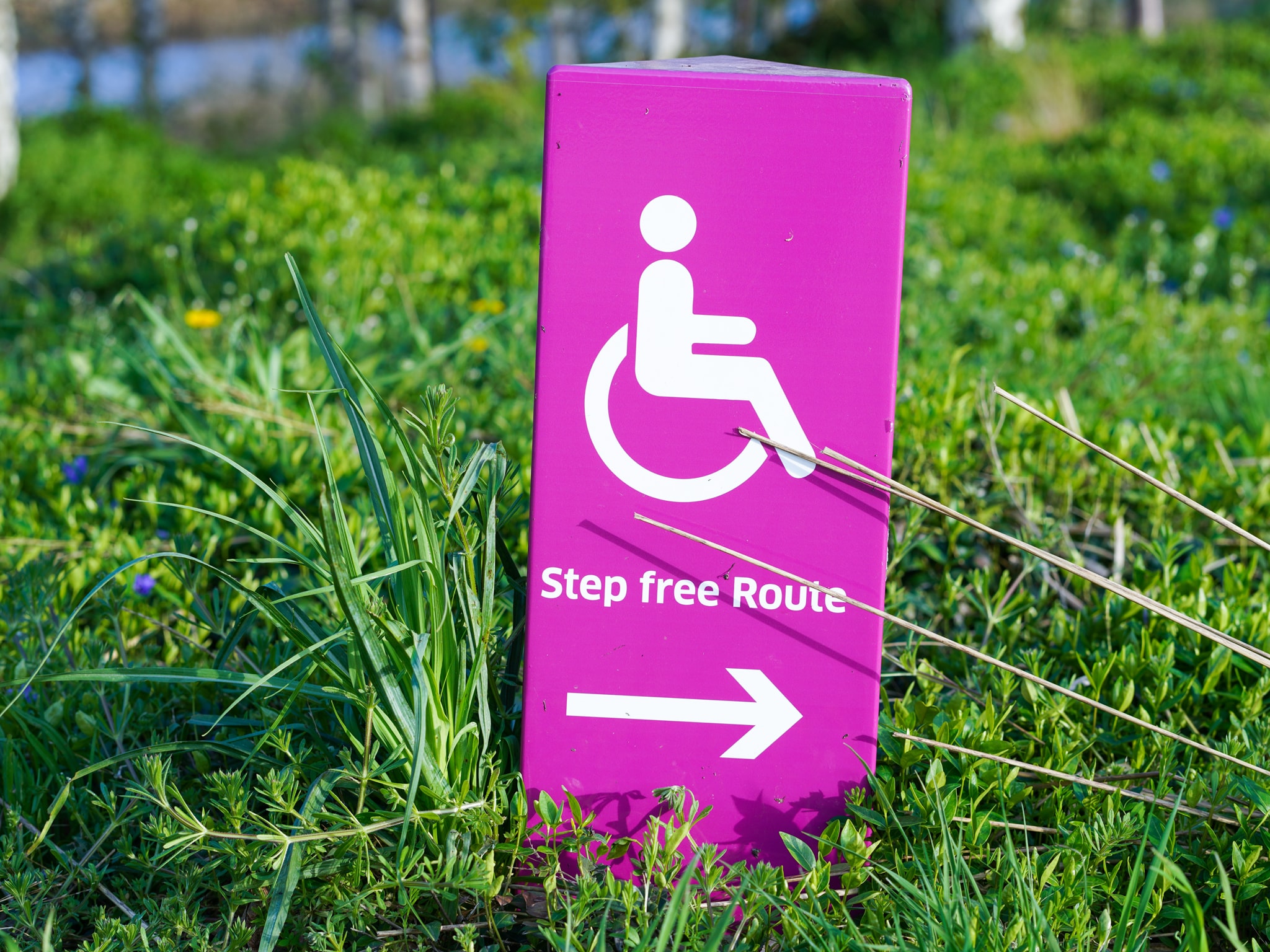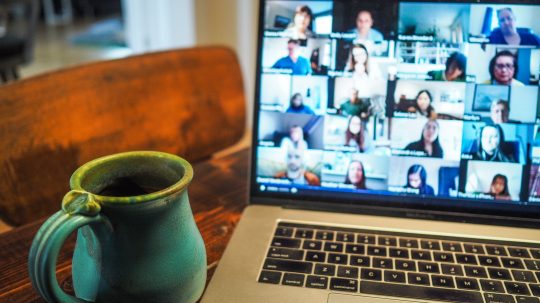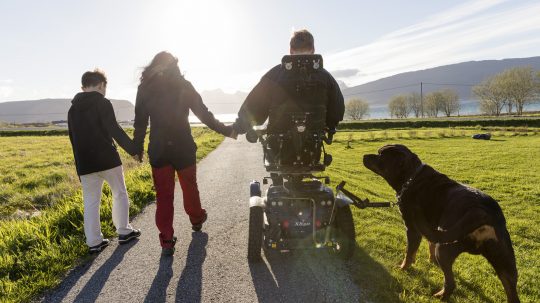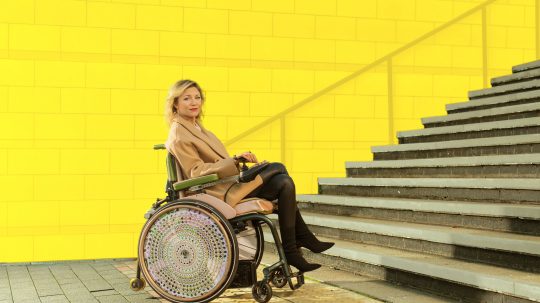To counteract the disability employment gap, a charity is spearheading a campaign to secure work experience for young disabled people.
A recent briefing to the House of Commons revealed that from October through to December 2020, the employment rate for disabled people was 52.3%. In comparison, the employment rate for non-disabled people was 81.1%, creating a gap of 28.8%.
In an effort to reduce the gap for the next generation, social mobility charity, Speakers for Schools, has partnered with disability organisations such as Mencap to secure work experience for 2,000 young disabled people across the UK.
“Many young disabled people leave school to find themselves unemployed despite being able to work,” said Rachael Saunders, education and policy director at Speakers for Schools. “The disability employment gap is alarming and needs to be urgently addressed, which is why we’ve launched Access All Areas, working with employers to raise awareness about the benefits of hiring people with disabilities and working to identify roles they would excel at.”
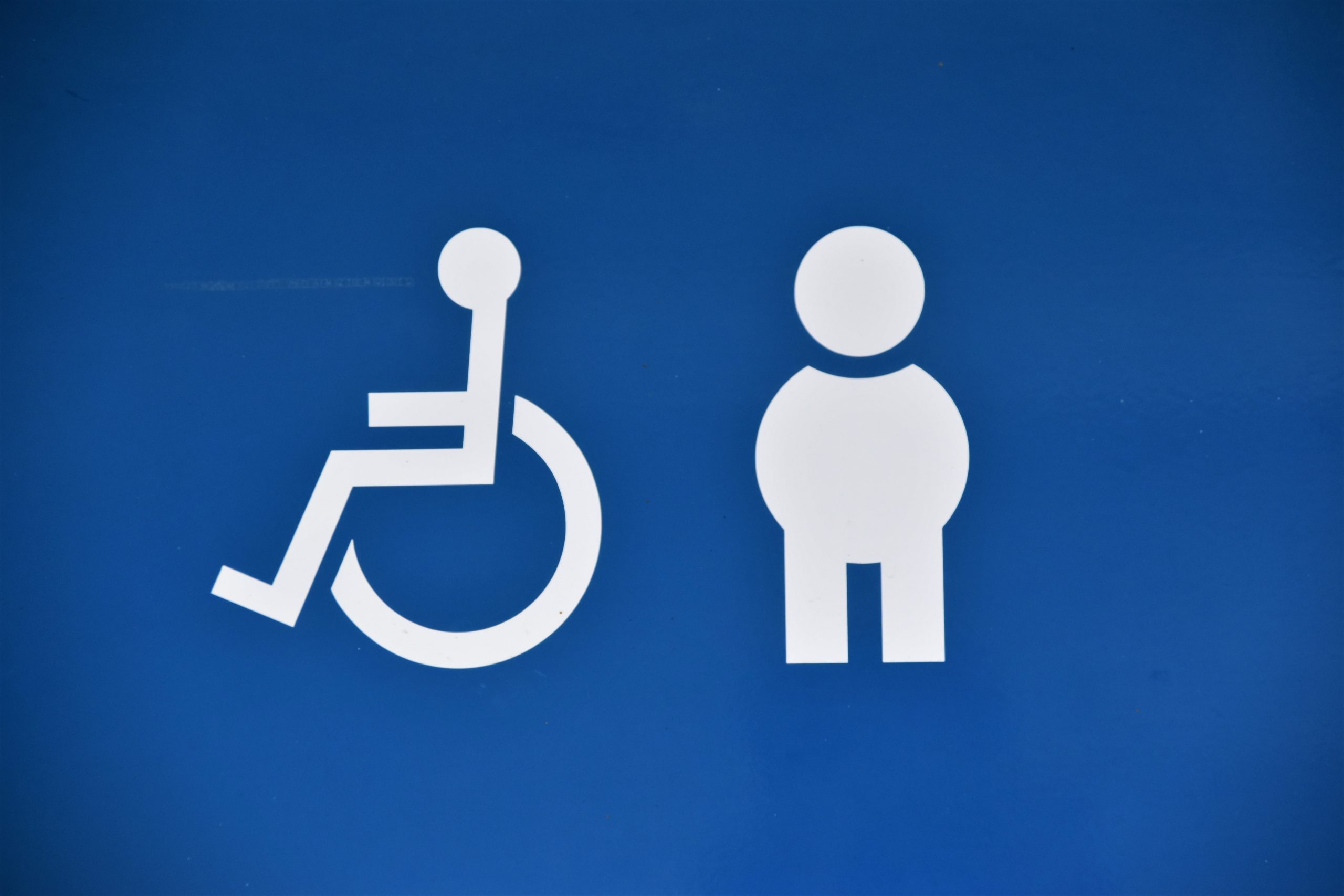
Credit: Waldemar Brandt / Unsplash
The disability employment gap has remained at about 30% for the last decade. Many factors contribute to it, including workplace accessibility and misconceptions about the ability of disabled people to work. These factors endanger the protections set out in the Equality Act and the safeguard against discrimination enshrined in Article 14 of the Human Rights Act.
Additionally, the Universal Declaration of Human Rights (UDHR) sets out the right to work. UDHR Article 23.1 states: ”Everyone has the right to work, to free choice of employment, to just and favourable conditions of work and to protection against unemployment.” The continued failure to remedy the disability employment gap is in clear conflict with these rights.
The charities will collaborate with schools and employers, including Cambridge University Press and Tesco, to deliver virtual and in-person work experience over the coming months.

Credit: Priscilla Du Preez / Unsplash
Implementing schemes to improve disabled people’s employability is timely, considering that disabled employees have encountered more obstacles to work during the pandemic. Between July and November 2020, 21.1 per thousand disabled employees were made redundant compared to 13 per thousand non-disabled people.
Work experience placements will be available for young people aged 14-19. These placements are designed to provide flexibility and accessibility for participants so that they can make the most of their work experience.
“I am looking forward to seeing what opportunities there are for future jobs and how people stay safe,” said Rubie, a 16-year-old with moderate learning difficulties from Derbyshire. “I am looking forward to meeting the people at the hospital: everyone, including reception jobs, porters, seeing what a surgeon does and what the midwives do when people have babies.”
Introducing flexible working has the potential to help almost 1.5 million physically disabled people get into work, according to recent research by the Centre for Economics and Business Research. Providing accessible work experience opportunities for young disabled people can help support them to find employment and thrive in work later as adults.
Speakers for Schools’ scheme will guide employers on how to structure work experience to accommodate students’ diverse needs.
“Working can be more than just a job – it can make people with a learning disability and/or autism feel valued and included in society,” added Mark Capper, head of development in the lifestyles and work team at learning disability charity, Mencap. “Yet because of societal stigma and significant barriers to employment, many do not get the chance they deserve to show what they can do. Getting the right support and opportunities can make all the difference, helping people with a learning disability and/or autism to develop their employability and find work placements.”

